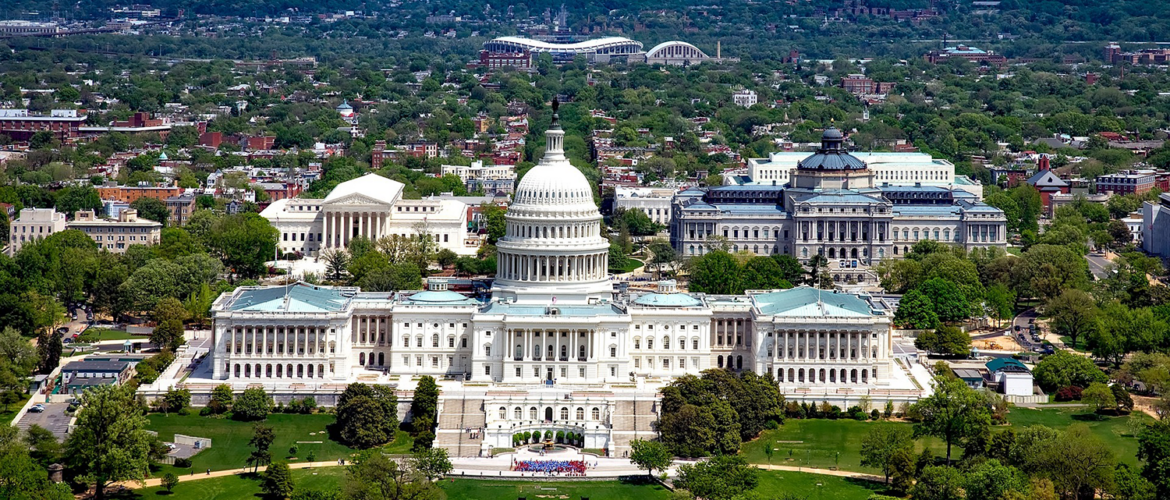In a dramatic finish early Saturday, Congress passed a stopgap spending bill to keep the government running through mid-March, narrowly averting a prolonged shutdown. The Senate approved the measure 85-11, hours after the House passed it, ensuring federal agencies would remain operational despite a brief technical lapse in funding.
- President Biden is expected to sign the bill later Saturday, according to the White House.
What’s in the bill:
- Government funding: The continuing resolution extends current government funding levels into 2025, punting major spending decisions to the first months of the Trump administration and a GOP-controlled Congress.
- Disaster relief: The bill includes $100 billion in disaster aid for communities hit by recent severe storms, addressing immediate recovery needs.
Key Context: This last-minute agreement caps off a week of political brinkmanship, with lawmakers scrambling to avoid a shutdown that could have disrupted federal services and economic stability.
Trump Defied: A provision to suspend the federal debt ceiling, pushed by President-elect Donald Trump, became a flashpoint. House Republicans ultimately stripped the measure from the bill, sidestepping what would have been a politically sensitive task for Trump’s incoming administration.
Between The Lines: The move reveals early fractures within the GOP as the majority of the caucus seeks pragmatic governance, while a smaller faction of deficit hawks pushes for stricter fiscal discipline.
Why it matters:
- The spending delay signals looming budget battles in 2025, as Republicans aim to assert control over federal priorities.
- The internal Republican divide foreshadows potential gridlock within the party, complicating efforts to pass legislation in the new Congress.
What’s Next: President Biden’s expected signature will solidify the stopgap measure, but larger fights over spending, debt, and the GOP’s legislative agenda are on the horizon.
Bottom line: Washington avoided a shutdown this time, but the 11th-hour deal highlights brewing tensions within the GOP and sets the stage for a contentious start to the next Congress. We could see more drama as Republicans navigate the balance between governing and appeasing their conservative base.



